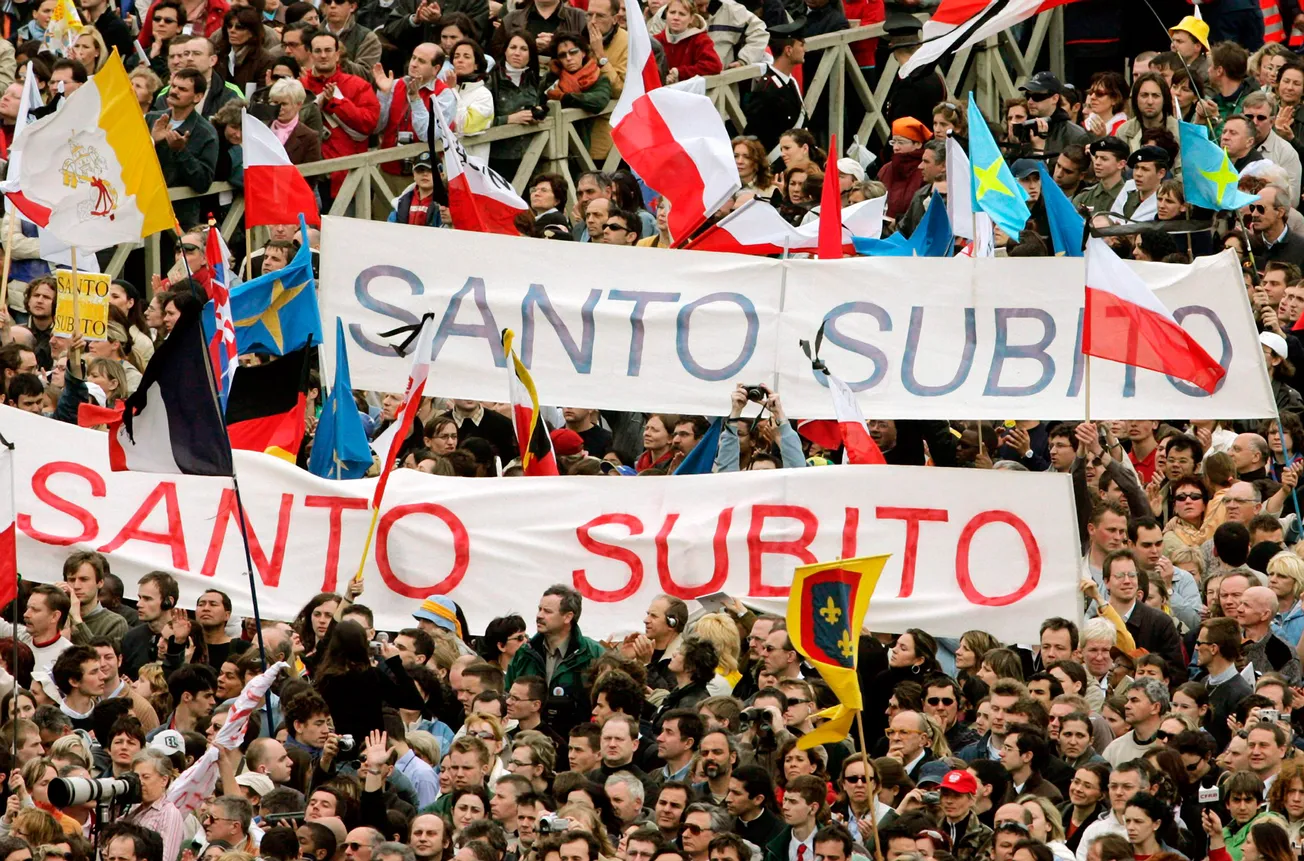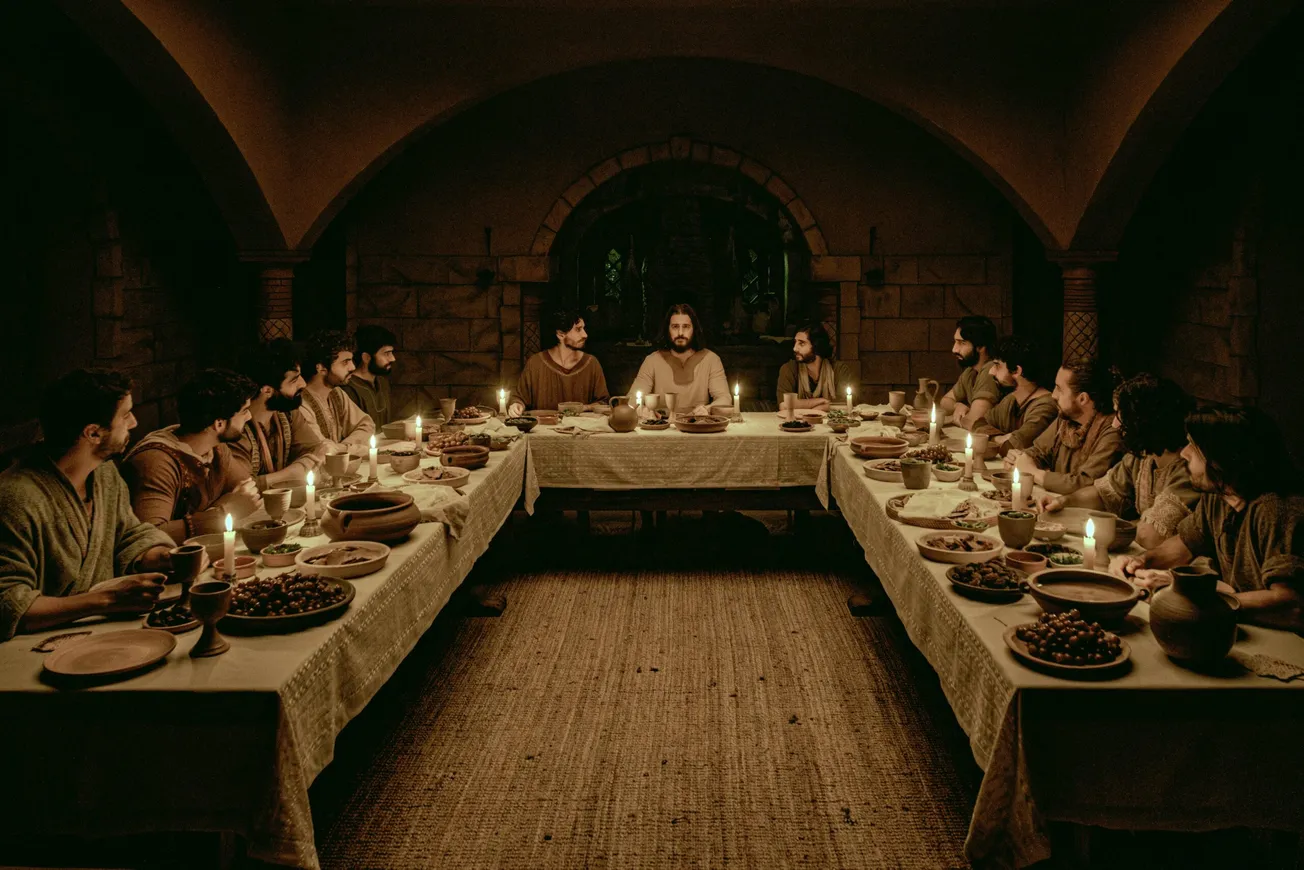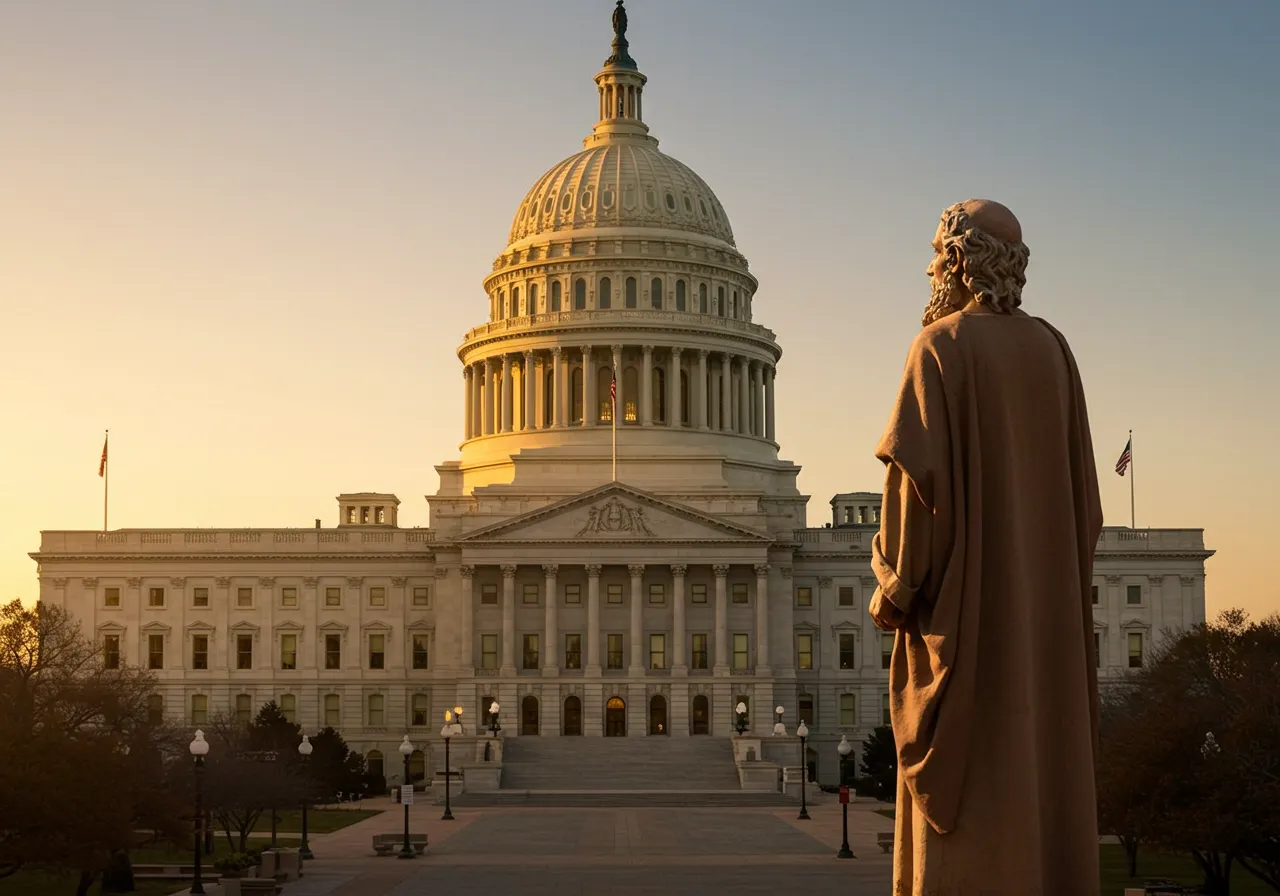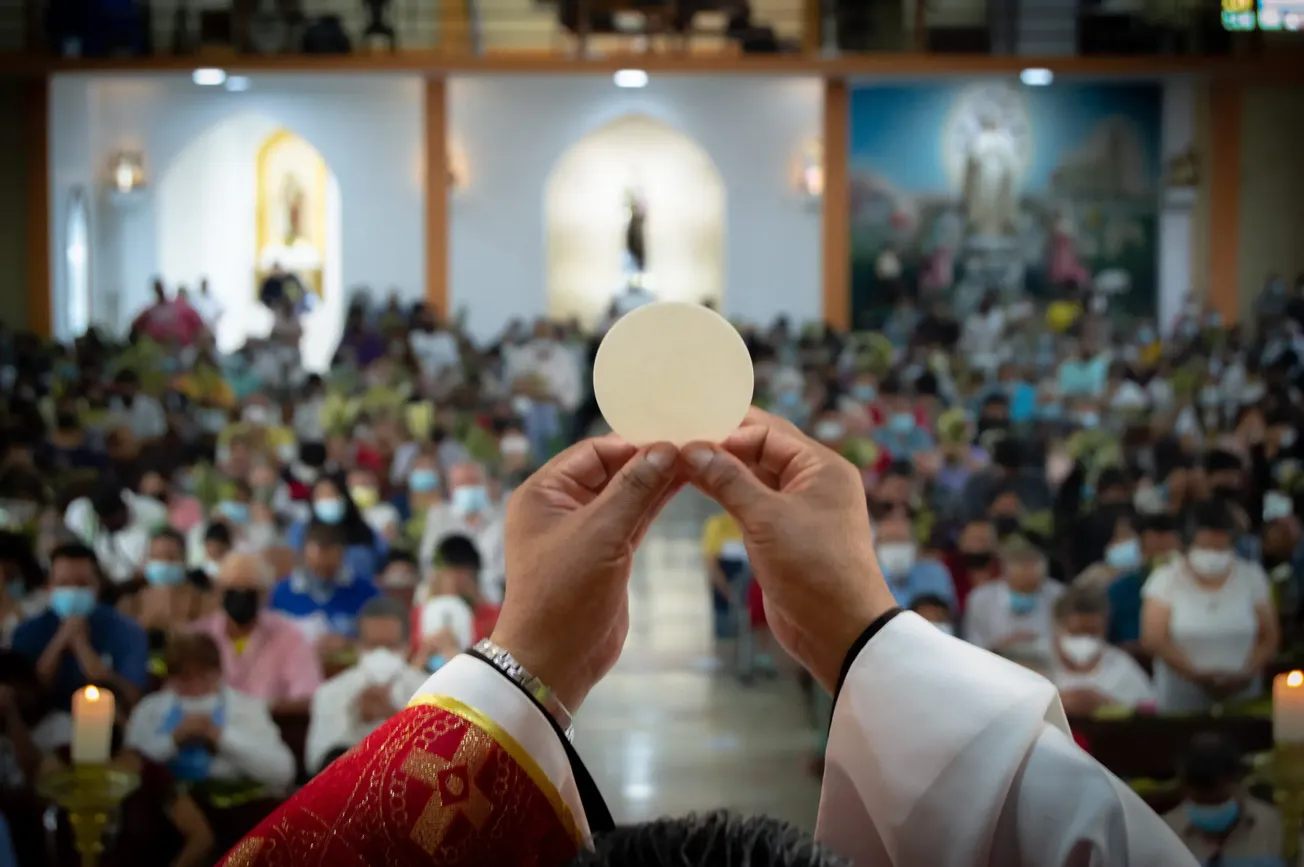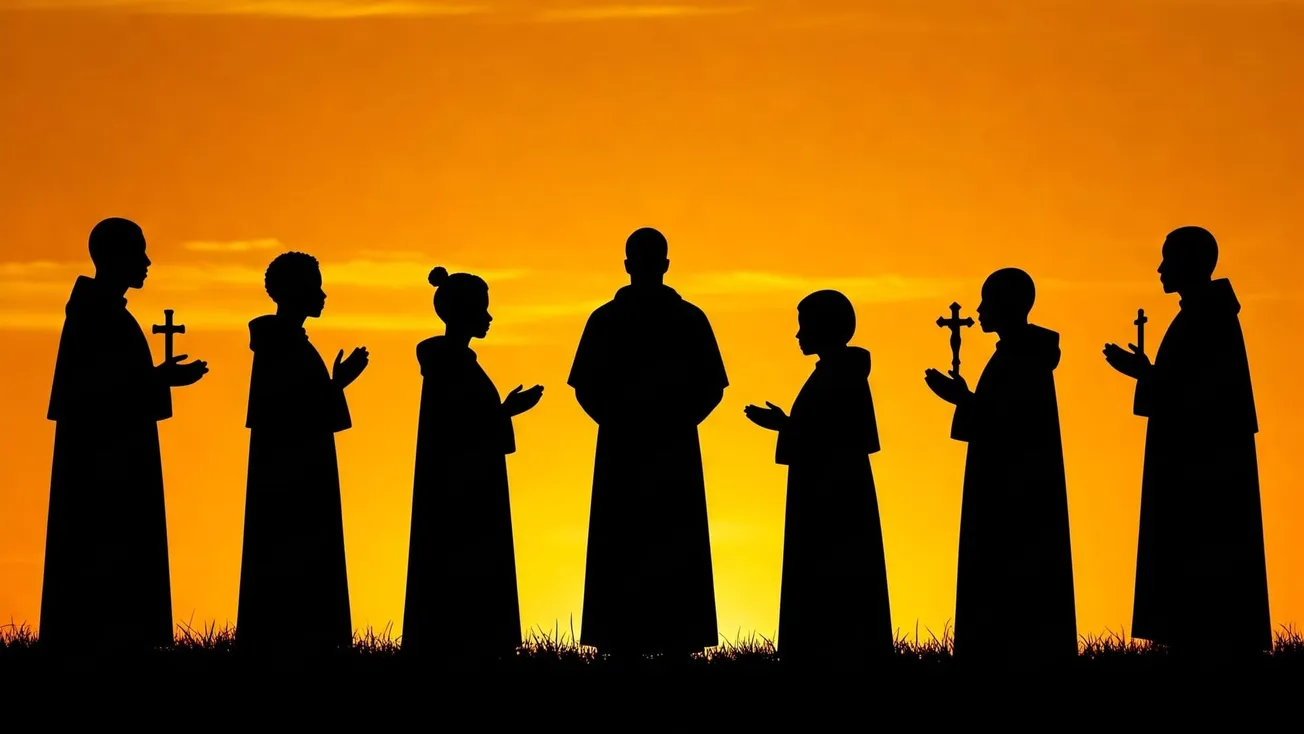Stand
They will try to make you crawl
And they know what you're saying makes sense and all
Stand
Don't you know that you are free?
Well, at least in your mind, if you want to be
(Everybody) stand
—Sly and the Family Stone, April 1969
It is time for Black Catholics, White Catholics, Brown, and Hispanic Catholics to stand up for the six African Americans on the path to sainthood. They’ve been waiting to be recognized here on Earth as they are in Heaven.
Why, in 2024, are there 11 White American Catholic saints but no Black American ones?
We, the faithful, have been waiting far too long. Mother Mary Lange, Fr Augustus Tolton, Mother Henriette DeLille, Mr. Pierre Toussaint, Ms. Julia Greeley, and Sr Thea Bowman were great Black Catholic leaders and lifelong advocates for racial justice. They defied the racial injustices of their times inside their American Church and elsewhere in racially segregated society in the United States.
In the early Christian Church, saints were declared by public acclamation. “Acclamation” is defined in the Oxford Dictionary as “loud and enthusiastic approval, typically to welcome or honor someone or something.” Black Catholics must raise their voices in churches across this nation to show we, as the most faithful members of the Church, love and honor the “Saintly Six” and to tell the Vatican to follow our lead. We want White, Hispanic, and Brown Catholics here in the U.S. and around the world to join us. If not now, when?

In the early days of the church, persons were identified who exemplified the life and teachings of Jesus Christ and they were designated as saints by local groups whose members knew them personally. (The pope, and what is now the Dicastery For the Causes of Saints, were not involved in the early process of sainthood). The declaration essentially stated, “We know this is a good and decent, holy person. And we know she or he is in heaven.”
It was a simple declaration from peers about the exceptional lives of persons who walked among them. The courage, generosity, and faith-infused love of certain followers of Jesus were lifted up. As the acclamation process moved further away from everyday Christians, however, and the Church became more centrally governed with popes claiming saint designation powers for themselves, we received the long, expensive, nearly impossible, and unevenly applied canonization process we have today. We are now required to pay exorbitant funds and wait on this mechanism to operate, which it does in secrecy.
Stand
In the end, you'll still be you
One that's done all the things you set out to do
Stand
There's a cross for you to bear
Things to go through if you're going anywhere
The concept of sainthood began to form after the death of Jesus Christ in 33 AD. The early Apostles, for example, were revered and acclaimed as saints because they were associated with Jesus during his lifetime. There was a simple public statement and ceremony for fellow pilgrims in the faith that acknowledged the goodness of certain individuals. “We know she or he is in heaven” was the central theme of the acclamation.
As such, St. Ann Church’s Social Justice Committee here in Baltimore, and our various allies around the nation, call upon the public to proclaim love, reverence, and faith in the “Saintly Six.” We also call upon Catholics, Protestants, Jews, and Muslims alike and everywhere to join us at Catholic churches everywhere on All Saints’ Day (Friday, Nov. 1) to stand up—literally—for the six during the Mass that day.
During Mass, congregants should be invited to repeat after the lector, “We know Mother Mary Lange, Father Augustus Tolton, Mother Henriette DeLille, Mr. Pierre Toussaint, Ms. Julia Greeley, and Sister Thea Bowman are good and decent persons who did the will of God. And we know each of them is in heaven.”
Additionally, we are calling on priests, bishops, and lay persons to say each of the six candidates’ beatification prayers before, during, or after the Mass. All Saints’ is a holy day of obligation in the Catholic Church, so all able-bodied Catholics are expected to attend Mass (even though it falls on a weekday). Our goal is to have 10,000 people stand up in public acclamation for our “Saintly Six.”
If you need a copy of their canonization prayers, they are available together here. Invite your friends, relatives, co-workers, neighbors, and fellow practitioners of all faiths to join you in standing up for the “Saintly Six.” It’s time that the first six African-American candidates for sainthood become full-fledged saints. We the public know of their good and decent lives of courage, kindness, charisma, and commitment to God’s will.

Stand
For the things you know are right
It's the truth that the truth makes them so uptight
Stand
All the things you want are real
You have you to complete and there is no deal
The attorney Bryan Stevenson, founder of the Equal Justice Initiative, says about the millions of enslaved Americans in history, “The country you built must honor you.” We, the Black Catholics of the United States, echo his sentiment but to our Church. The institution our ancestors built must honor them, starting with our “Saintly Six.” The Catholic Church owes Black Catholics for our unwavering witnessing of the Gospel of Jesus as we remained in the faith where we were denigrated and humiliated for centuries. We easily identified with the “unearned suffering” of Jesus on the cross, as King said, maximized by the suffering of Blacks on the “lynching tree,” in the words of Cone.
The Catholic Church owes Black Catholics. Give us our saints now. We will continue standing up for them. We are inviting the public to stand up with us.
Ralph E. Moore Jr. is a lifelong Black Catholic, educated by the Oblate Sisters of Providence and the Jesuits. He has served on various committees on race, racism, and poverty for the Archdiocese of Baltimore. He is a married man with two children and four grandchildren. He is a member of the St. Ann Social Justice Committee. He can be reached at vpcs@yahoo.com.


